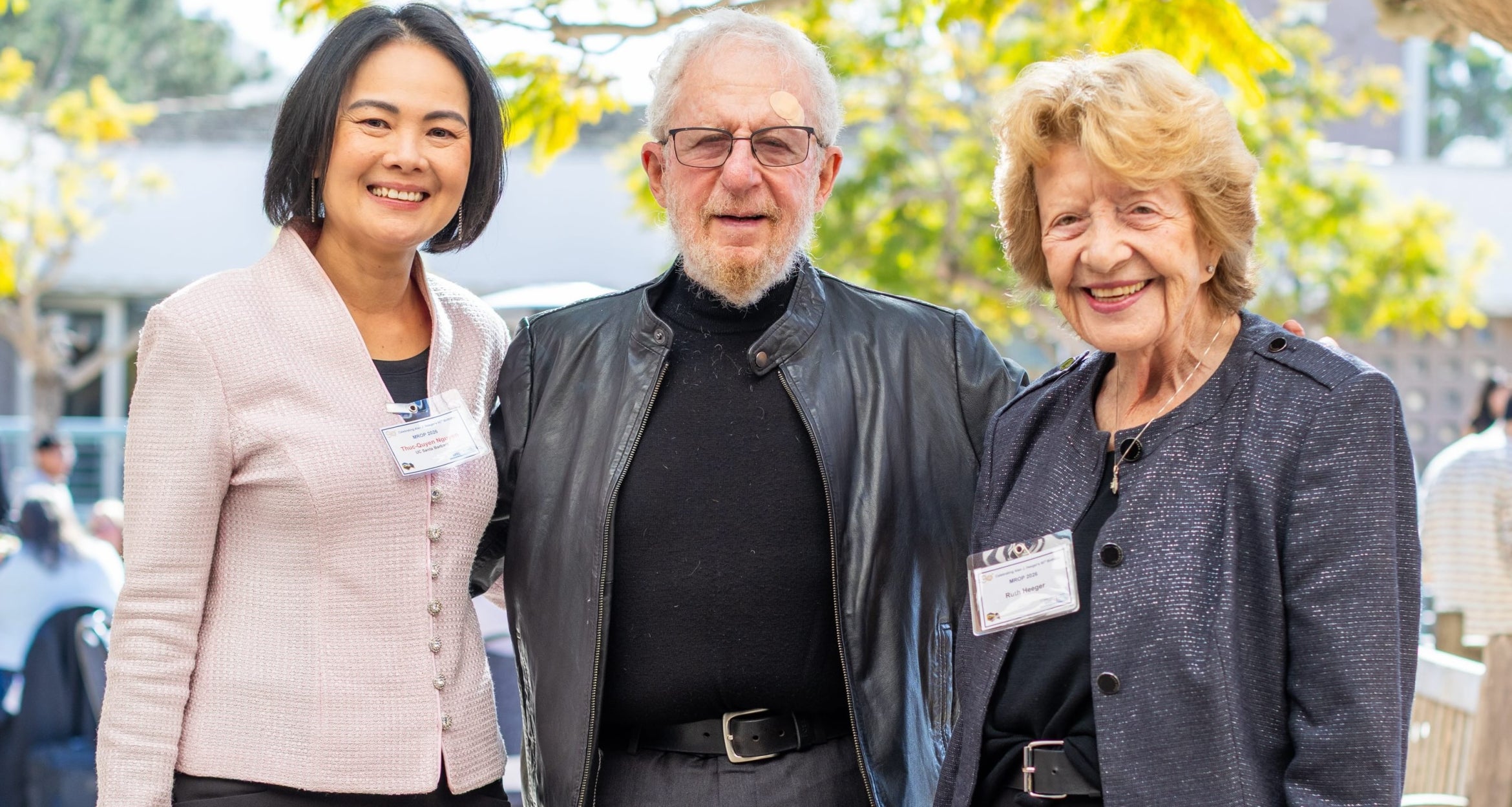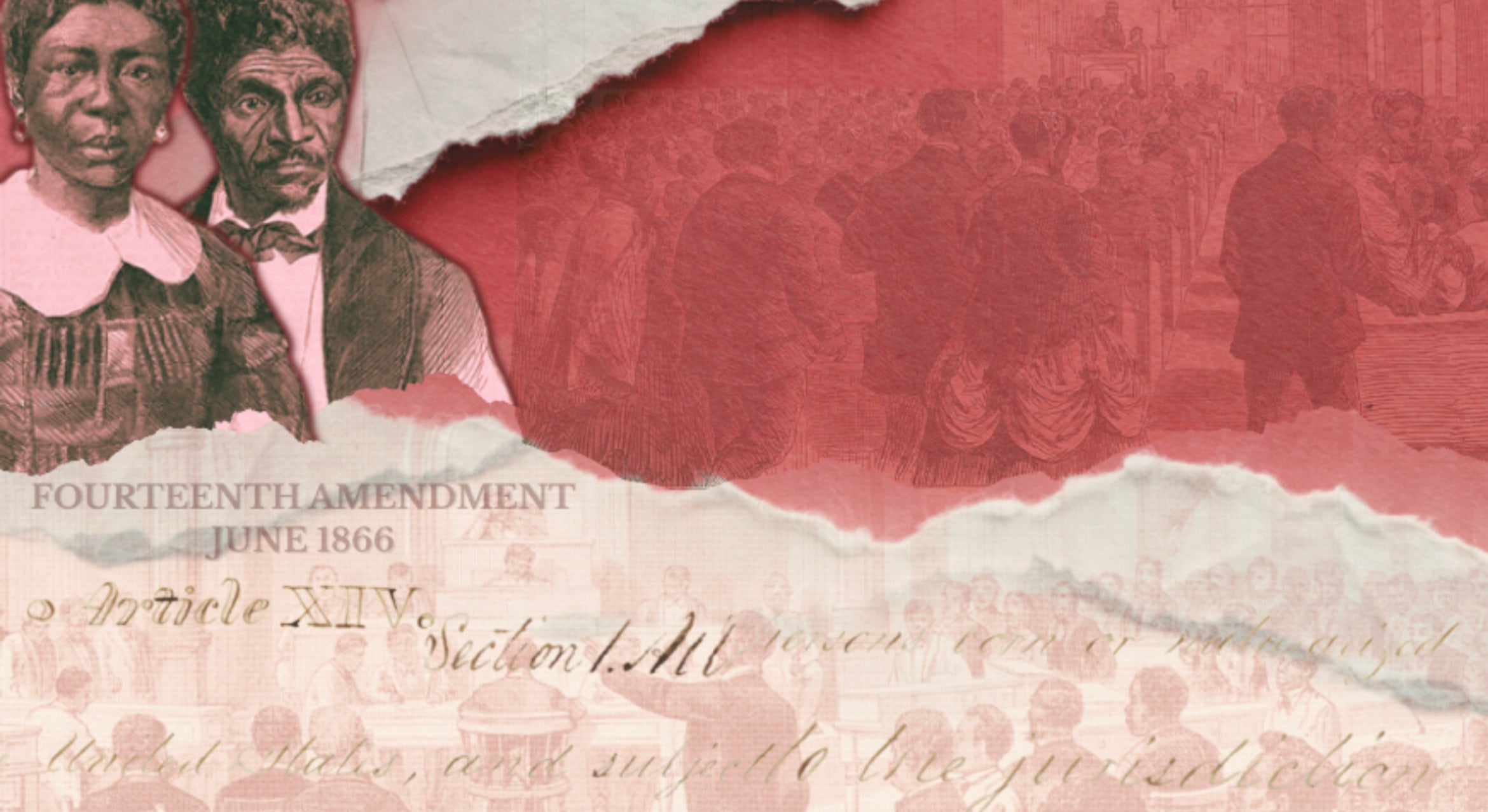A new research center has been established at the University of California, Santa Barbara to study issues of law enforcement and community aimed at improving the effectiveness of policing in a free society.
Thought to be the first of its kind in the country, the Center on Police Practices and Community (COPPAC) will be under the direction of Howard Giles, a UCSB professor of communication and a reserve sergeant with the Santa Barbara Police Department.
Michelle Chernikoff Anderson, a lawyer, will assist in directing COPPAC.
"By working with different law enforcement agencies and community groups, we will be able to address issues that are important not just to scholars, but to the communities the police and scholars are here to serve," Giles said.
For example, Giles and Anderson said that by bringing police officers into the classroom, students can ask questions of officers that test the presumptions discussed in their readings.
"The idea for the center came about as a natural progression of my work with local law enforcement and my research on inter-group situations," said Giles.
"Communicating effectively with people is the essence of an officer's job, whether it be on the street, or within the police organization itself and other branches of the government, such as the courts."
Moreover, Giles said, "the ordinary citizen has little understanding of the reality of this unique occupation."
Not many Americans have much direct contact with law enforcement officials, though at times -- such as the terrorist attacks of September 11, 2001 -- media coverage does aid the public in understanding the risks and dangers officers willingly undertake for the sake of their communities.
"But, an under-appreciated fact is that law enforcement officers are an integral part of their communities -- citizens when off-duty as well as on," Giles added.
He has received several awards for his police service, including being named last year's reserve officer of the year.
Since Giles began working for the city's police department more than five years ago, he has come to appreciate how officers choose to communicate in often very difficult situations. "They have to respond to a wide range of humanity -- including victims, those falsely claiming to be victims, witnesses, and alleged criminals -- some of whom are in dire and/or stressed psychological states of mind," he said.
Through COPPAC, scholars in many fields will collaborate with law enforcement officials and experts so that academic research can be more relevant to the needs of both law enforcement and the communities they serve.
COPPAC's broad mission allows it to address many different kinds of police-community issues from a variety of perspectives and disciplines available on campus and through affiliates at other universities.
Among the research projects currently being conducted by UCSB faculty members associated with the new center are investigations into how police respond to domestic violence, sexual violence, and child and elder abuse; hate crimes and their relationship to law enforcement; perceptions of policing in the media; and whether or not television crime shows and crime films portray police work accurately, sensitively, and with what social consequences.
Giles and Anderson also state that by making the results of the research projects more accessible to law enforcement and the public at large, policy makers can make more-informed decisions that ultimately should benefit the community.
Giles, who has been a professor at UC Santa Barbara since 1989, devotes about 250 hours to the SBPD each year, and has full police powers.
He is the editor of a new book entitled "Law Enforcement, Communication and Community" (John Benjamins Publishing Co. 2002), which he has dedicated to the "uniformed heroes of September 11, 2001," and his wife and son "who always live through the fear of tragic outcomes every time I go out on patrol."
A reception to launch COPPAC will be held Tuesday, September 24 on campus.
Santa Barbara Police Chief Cam Sanchez, Sheriff-Elect Jim Anderson, and UCSB's Chancellor Henry T. Yang will be in attendance.
The event is being sponsored by Sara Miller McCune, a member of the UCSB Foundation Board of Trustees, and publisher and chairman of Sage Publications.
Sage publishes extensively in criminology and on law enforcement issues, including the journal Police Quarterly.
Related Links



